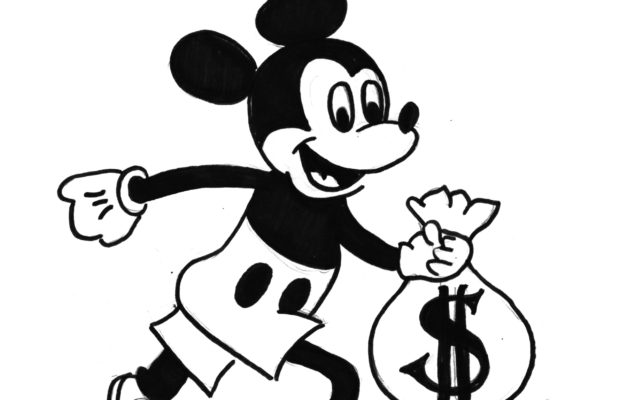Please end the plague of live-action remakes

Just recently, the teaser for the live-action “How to Train Your Dragon” dropped on YouTube to the tune of 18 million views and endless comments praising its “faithfulness” to the original movie. To be honest, I was quite shocked by how positive the reaction from the public was, as this movie did not seem like it was going to be any better than the soulless live-action remakes of other animated movies. While Disney is typically the culprit when it comes to horking up these blatant cash grabs, it seems that Universal is to blame for “How to Train Your Dragon”’s sudden exploitation of nostalgia. This is not a review of the trailer for the live-action “How to Train Your Dragon,” as, even though I think it looks absolutely horrendous, the movie is not out yet and I cannot pass judgement. I am simply posing a question that has been on my mind for a long time: why do people claim to be fatigued with the constant stream of live-action remakes, only to turn out in mass droves when a new one comes out?
If there was anything that the new trailer for “How to Train Your Dragon” reminded me of, it would be the trailer for the 2019 remake of “The Lion King.” Both were received with the same collective praise from people who grew up with the original property, both appeared to have scenes that were shot-for-shot recreating nostalgic moments and both looked horrible. To this day, “The Lion King” remake is one of the most atrocious crimes against cinema that I have ever seen. It was somehow both a one-for-one recreation of the original animation, and also worse in every conceivable aspect. Director Jon Favreu had the brain-dead idea to make the animals hyper-realistic, and in doing so, removed any emotion from the characters’ faces. The face Simba makes when he looks upon his dead father’s corpse is no different than the face he makes when Timon and Pumba eat a bug. Unsurprisingly, nobody likes it. It was a boring, forgettable piece of garbage that should have never even been made. However, the box office would argue differently. 1.6 billion dollars is enough to raise the question: Why? When will this stop? Will people show up to give the “How to Train Your Dragon” remake a similar paycheck? I can only assume that the answer is yes, and that frightens me.
Disney has been at the forefront of the live-action remake genre for the last decade or so. As far as I am aware, it can be traced back to Tim Burton’s “Alice in Wonderland” reboot in 2010, which remains one of the ugliest-looking films I have ever watched. It made a hefty sum, and Disney continues pumping them out. I have always been confused by the appeal that these movies have to some people. I know that there are fans for the 2016 “Beauty and the Beast,” or even the 2019 “Aladdin,” but for the life of me, I do not get it. The “Beauty and the Beast” remake is overly long, boring and totally inferior in every single way to the original movie. The “Aladdin” remake is horrendously ugly, filled with terrible acting, unconvincing effects, lazy writing and stinkers of original songs. This is all without mentioning the boring “Mulan” or “Little Mermaid” remakes. So, again, why do some people like these movies? Is it really as simple as getting a small rush of adrenaline when they see something they know in “the real world?” Honestly, I think the truth of the matter is that most people, subconsciously or not, view animation as a lesser medium.
There is no form of art today that is less respected than animation. Animators are paid little, they are treated horribly and most people think that their work is exclusively for kids. Despite the fact that there is plenty of mature and thoughtful animation for adults, it is the opinion of the general public that animation is simply “cartoons,” which is what I believe led to this oversaturation of live-action remakes. There is no point in making a movie like the “How to Train Your Dragon” remake, where each shot is just a replica of a piece of animation with real people, unless you see live-action as “more respectable” than the “childish” realm of animation. If we, as the moviegoing public, are growing sick of the cash grabs that studios like Disney and Dreamworks create, people need to accept that some things do not need to be remade. There are some movies that are perfect as they are, and do not need a live-action version to “improve the product.” To stop the live-action remake trend, people must start to appreciate animation as a medium, and realize that the movies they already have will always be the definitive ones, no matter who they end up casting as Hercules.



